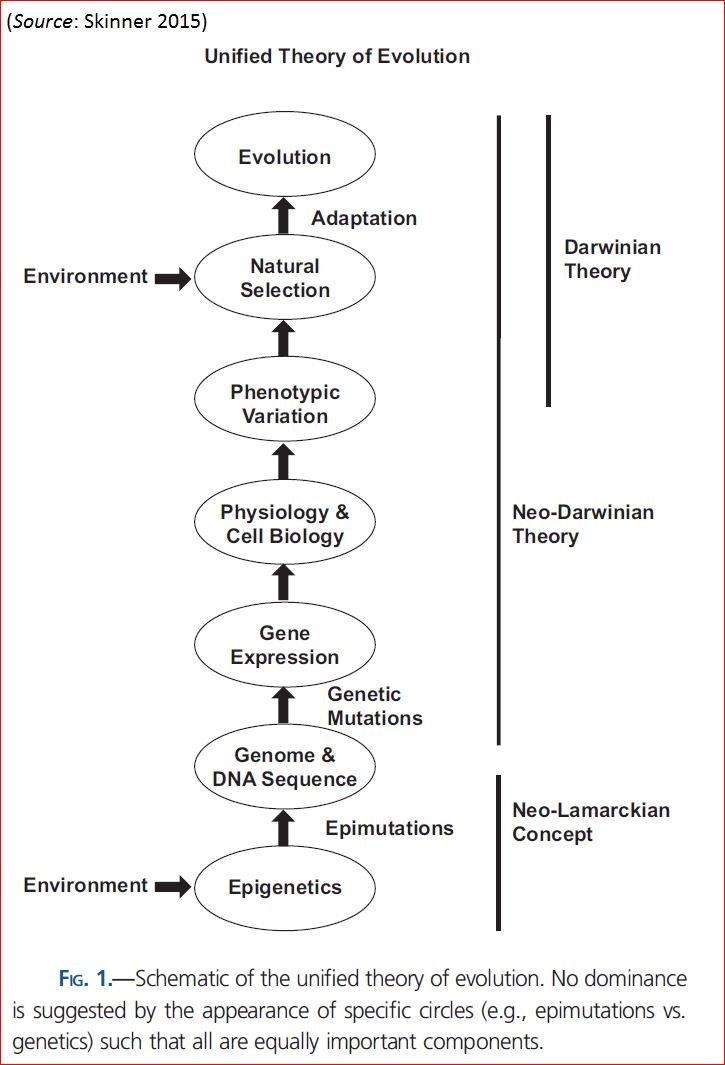Gaps in College Experience
What’s it like to be on a college campus these days as an African-American? Or as a first-gene...

Graduate Education — where college graduates pursue masters and doctorate degrees — remains a hierarchical and institutionally structured barrier to some of the highest levels of career and occupation.
Save
Save
What’s it like to be on a college campus these days as an African-American? Or as a first-gene...
By Addison Beer, Yale College Class of 2023, Summer 2020 Intern with SeeTheGaps. In the wake ...
Looking backwards along the life trajectories of PhDs, . . . .
Little research exists on who obtains various graduate education degrees. However, there is a renewed interest in the field of racial diversity and inclusion that does examine the importance and positive influential power of minorities in teaching positions, most of which cannot be obtained without a graduate degree in the first place.
Put simply, masters degree and certificate programs are money-making centers for the universities who offer them. PhD programs are fully funded for the students and help the university and faculty by teaching and employing graduate students to conduct research and add to the prestige and academic output of the school.

Legend One
Legend Two
Legend Three
Legend One
Legend Two
Legend Three
We are at the beginning edge of a burgeoning intersection area for genetics and social science. Some scientists take the view that in gene-environment research, it is not the environment that reflects genetic effects, but that due to “population stratification” these measured behavioral trait genes “may be acting as proxies for social environments.” “[G]enes shape not just behavior, but also the environment that contextualizes and constrains behavioral choices” citing Plomin & Bergeman (1991). Critics like Conley argue that many of the studied gene-environment relationships are more associational than causative or even correlative, and that it is impossible to study the effect of one gene in isolation due to the complexity of the gene-gene interactions in humans and the variety across the global population .
More studies need to be done to test correlations and effect size in other, larger, and more diverse sample groups. Genetics research is just starting to identify the polygenic components related to intelligence, only accounting for less than five percent of variations in measured intelligence. See [Skiekers et al., Genome-wide association meta-analysis]. Questions arise such as: What kinds of environmental factors translate to epigenetic markers that in turn affect academic and other kinds of measured achievement? How can the effects of positive genetic markers be enhanced for children born into lower privileged families? For children with lower polygenic scores, how can interventions help reduce cognitive and other differentials between them and children born with higher polygenic scores? What are the ethical implications of knowing whether a child has these genetic markers?
Why is it that “low-birth-weight black infants have a lower mortality rate than low-birth-weight white infants” even though the prevalence of low-birth rate infants is much higher for black mothers than it is for white mothers, even with similar education levels? What other factors are not being controlled for in studies that find gaps based on race? What is it about being black that contributes to higher infant mortality rates?
Many prenatal factors that effect how a child develops in the womb also can contribute to predisposition and ability to learn and read. Poverty and race have strong correlations with low birth-weight, which can lead to infant mortality or later cognitive developmental and health issues. Scientists are discovering that it no longer takes generations for humans to change based on environmental factors (pollution, type of food availability, etc.). They are finding that environmental effects, like the stress of living in extreme poverty and constant racism, can cause changes in the fundamental genetic composition of humans within a single generation. The study of these effects is called epigenetics.
Research is also developing to better understand the genetic correlates for intelligence, measured by test scores, academic attainment, and socioeconomic outcome.
Save
Save

